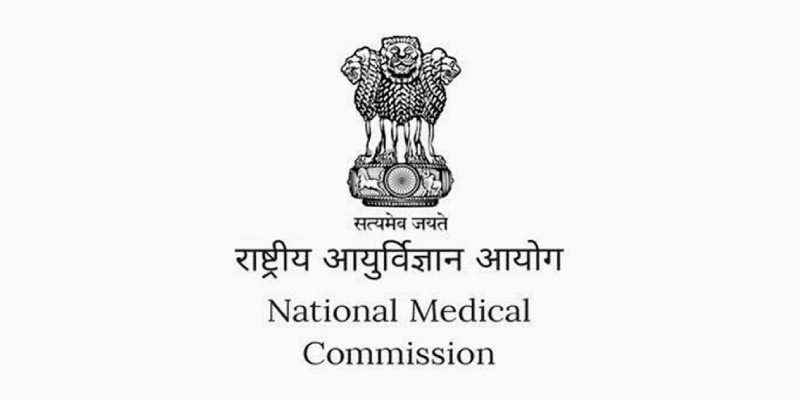
National Medical Commission Act, 2019 is introduced to reform the Medical Educational Regulatory Architecture (MERA), legislatively in the country. NMC act has come to implementation on 8th August 2019, to replace Medical Council of India (MCI) functioning under the Indian Medical Council Act, 1956 with an intention to make major changes in the medical education system and to enhance the quality of the medical education and easy affordability for the students.
National Medical Commission is expected to establish State Medical Councils in every state in the country within 3 years, which will perform similar to the NMC.
NMC has replaced MCI for its inadequacies in regulating and improving the standards of medical education. So, National Medical Commission has to have a set of insightful objectives, so let’s look into it.
The progressive legislative body to regulate the medical education in India will work on,
National Medical Commission has to perform vital functions that includes:
These two boards concern with medical education in the grounds of framing the curriculum, standards, guidelines for medical education, and granting recognition to medical degrees offered at the under-graduate and post-graduate levels.
This board holds the authority to levy penalties on the medical institutions that fails to follow the minimum standards to be maintained as directed by the UGMEB and the PGMEB. It also has to permit and authenticate the establishment of new medical colleges, to increase the number of seats in a medical college and starting PG courses.
EMRB maintains a National Register, which holds track of all the licensed medical practitioners in the country. The board also regulates the professional and medical conduct of the professionals. Only the licensed doctors will be permitted to practise medicine. This board also maintains a register of all licensed community healthy providers in India. Each board will consist of a President and four members.
NEET - National Eligibility-cum-Entrance Test (NEET) is a uniform test conducted for admission to under-graduate and post-graduate super-specialty medical studies in all medical institutions regulated under the Act.
NEXT - NMC has proposed an uniform nation-wide final year examination for under-graduates called the National Exit Test (NEXT)to graduate and to get licensed to practise medicine in India.
– No person would be allowed to practise medicine in India without getting licensed by registering their medical qualifications in State Medical Council or the National Medical Commission.
– Any person violating the above-mentioned regulation would be subjected to a penalty of One lakh to five lakh rupees.
Complaint raised against the doctor or medical practitioner is handled by the State Medical Council (SMC). If the doctor is affronted by the decision of the SMC, he/she can extend an appeal to the EMRB. The third level of appeal relies with the NMC.
- NMC is allowed to grant limited license to certain mid-level practitioners called community health providers, related with the new-age medical profession to practice medicine.
– The community health providers may prescribe basic medicines in primary and preventive healthcare.
– However, in any other cases, these community health practitioners may only prescribe medicine under the supervision of a licensed doctor.
- The central government will constitute a Medical Advisory Council (MAC), under the Act
- It is the platform where the state and Union Territories can submit their views and concerns
- MAC will perform vitally on the NMC’s measures to regulate and maintain the medical education standards.
The state governments should promote medical practice in the rural parts of the country. Also, the government should reserve a certain number of post graduate medical seats for those doctors who had worked in the rural areas with the government.
Vaagai Educare Consultancy Pvt. Ltd. is available at your service in India and abroad. We prioritise our students' safety, health and overall well-being. VEC assist students right from college admissions to graduation and beyond! over 25 batches of students have completed MD program with the help of VEC and are successfully practising in India and abroad.
No.9, B Block, 3rd Floor,
Lakshmi Towers,
93 Arcot Road,
Kodambakkam,
Chennai - 600024.